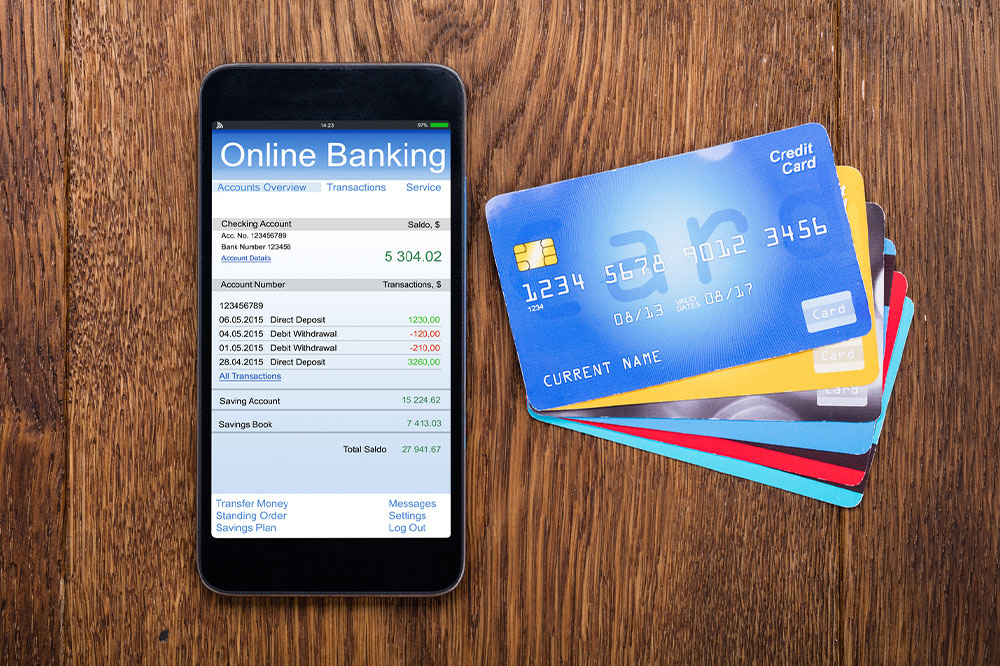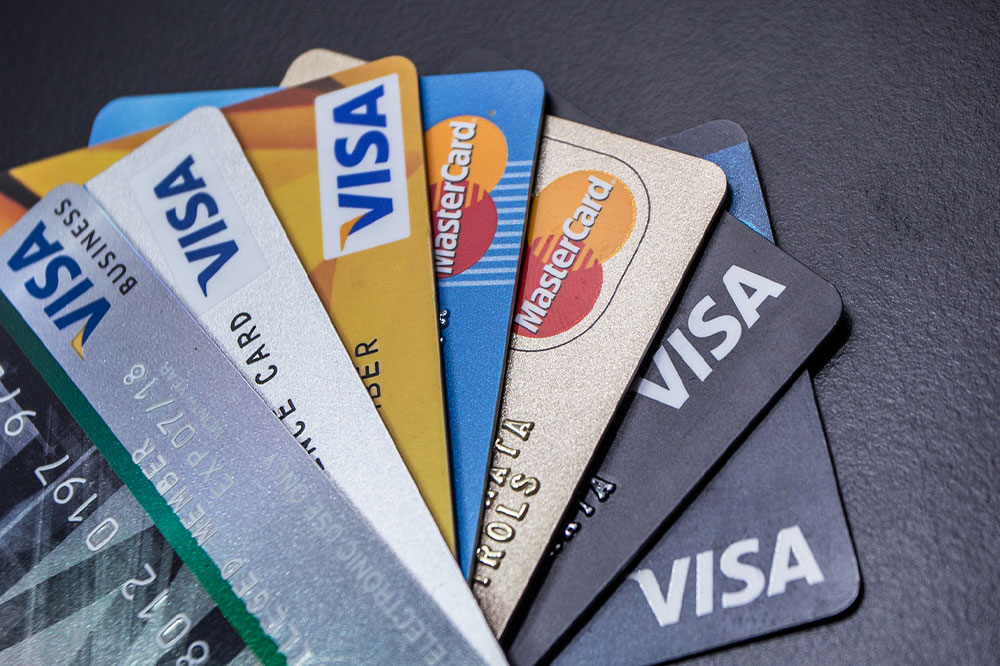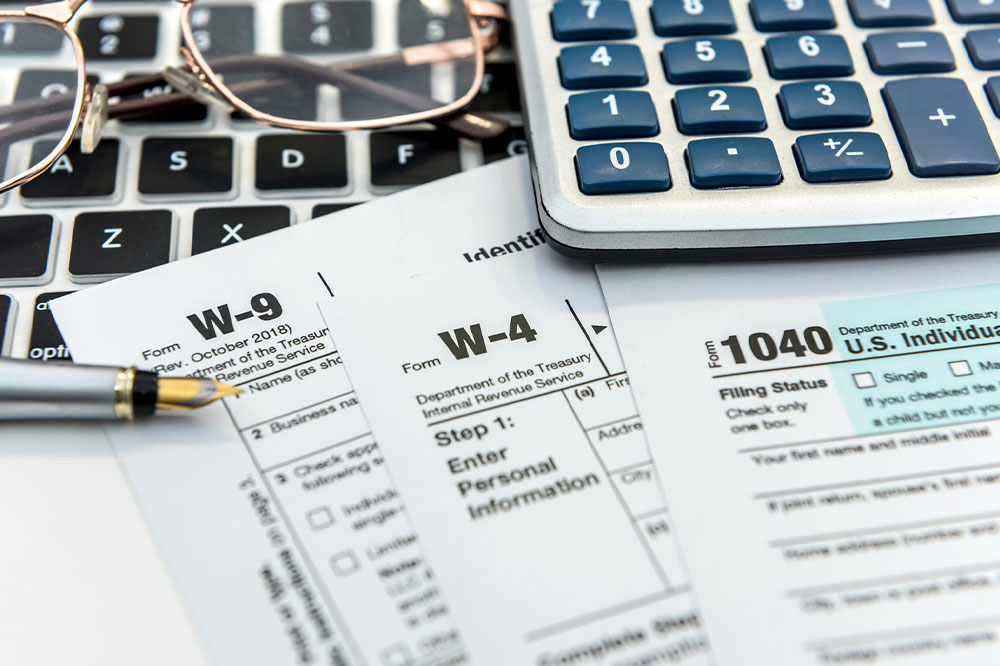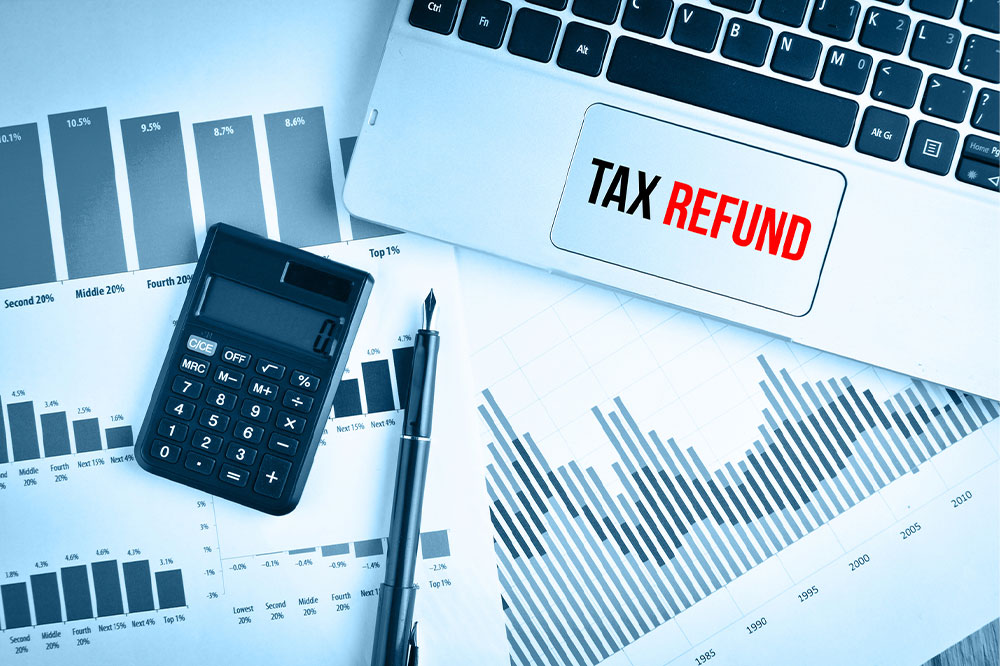4 things to consider before buying home insurance
Buying a house is at the top of many wish lists, but ensuring its long-term protection is arguably an overlooked part of the buying process. Therefore, buying home insurance to safeguard your dream home from unforeseen events must be a priority. Now, purchasing an insurance policy for your home is reasonably straightforward. But you can get the best out of your home insurance policy by considering the following points before purchasing one. Explore multiple insurance companies Your home insurance may entail several components, such as disaster coverage. So, you need to consider multiple alternatives before buying the policy that gives you the best all-around protection. You do not need to zero in on one insurance provider for all your home insurance needs. You can compare multiple insurance companies based on their online customer reviews, price, coverage, and customer service quality. Considering all such factors, you will get the right kind of coverage for your home. Essentially, you need to pick the option that offers you the best value, and not necessarily the lowest price. Know about all home insurance types and discounts There are several types of home insurance policies, such as the ones that provide actual cash value for any damages caused, or others, which pay for the replacement or repairs in case of damage.
Read More 









